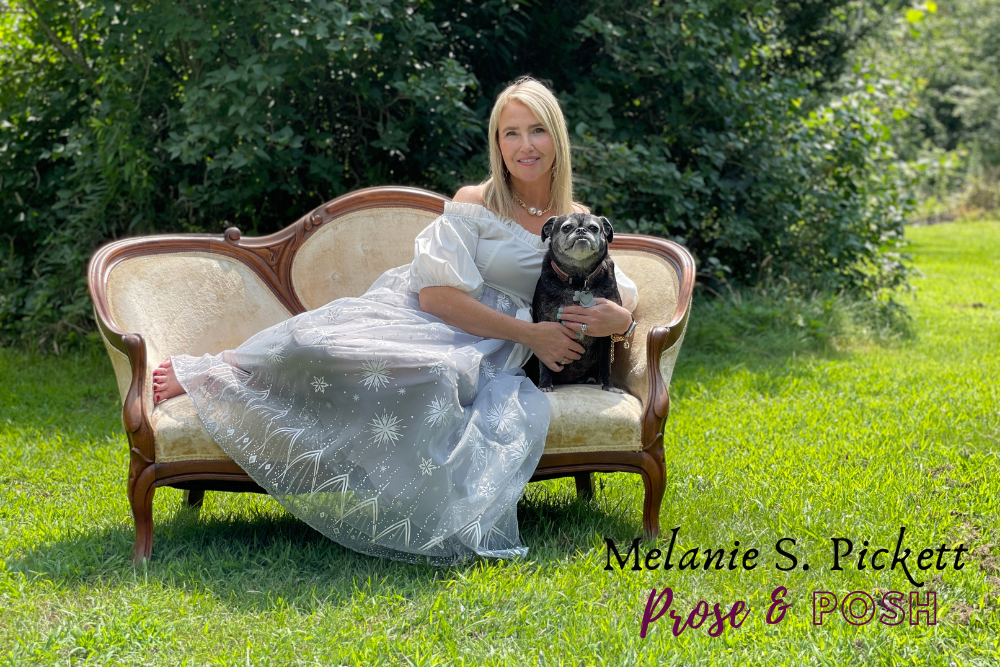You want to write, so now what? What should you do to propel your writing career forward? Or to begin it?
Since I’ve really devoted some serious time and energy into my writing over the past year, I’ve been approached privately by several people who’ve confided in me that writing is something they’ve always wanted to do, felt like they should do, but just didn’t have the confidence or know where or how to begin. Although I’m certainly no expert, I can share what I’ve learned from published veteran authors, newly published authors, and those like me…aspiring authors.
- Attend a Writer’s Conference. I attended my first one last year and I can’t fully describe how inspiring and informative it was. You really need to experience this if you’re interested in a career in writing. Attend them and do so regularly if you’re able. I will excitedly be returning to the same conference this year. They addressed every level of writing, the bare-bones beginner on up to the well-established and multiply-published authors. Don’t feel intimidated. Every attendee is there to learn. Open yourself up to the opportunity and make friends. Those connections will be golden whether they can offer some advice later on or simply (and best) be an encouraging friend.
- Make Connections. Building on what I just mentioned, make connections wherever you can. Don’t be afraid to talk to people and get involved in a writing peer group where you exchange feedback or even join a group on social media. I have found wonderful folks online that span the globe who have helped me anywhere from creating a graphic all the way on up to doing a full-on blog remodel. But don’t just accept help, be of help too and offer what you can by supporting their blog, giving feedback, sharing whatever your strong suit is. It’s a community and most people are happy to help the beginner because that’s where everyone was once.
- Accept constructive criticism and (gasp!) rejection. They both sting a little. Probably a lot. Constructive criticism is designed to help you be a better writer. But so is rejection in some respects. Read every bit of the rejection letter or edits to your writing and wring out every last drop of benefit you can from them. They’re telling what you did well and what you can do better or differently. Grieve the pain…shortly. Don’t let it consume you or make a quitter out of you. Dust yourself off and get back on your horse and write again.
- Read! I’m sure you’ve heard this before, that successful writers are voracious readers. It’s true. There was a time, when my children were smaller, that the only books I had time (or the mental energy) to read were books with pictures and very few words. It still enabled me the ability to expand my creativity and my acting skills as I usually acted out the books or at the very least read in a very animated fashion. But when you have the chance, read books in your chosen genre and really, anything that appeals to you. I was also an avid young reader. As a child and on into my teen years, I was always reading something, devouring one book after another. When I was reading a book, I lived there among the characters. It was divine. I’m years older and still a reader. I currently have several new books waiting to be read and I can’t tell you how happy that makes me. Summer + tons of great books = happiness.
- Broaden your vocabulary. I’ve always had an impressive vocabulary. While my parents were quite intelligent, I’m not sure if it came from hearing them speak. My sister was the same way. Very early on, we were both using words well beyond our years and grade levels and somehow, it came completely natural to us. To this day, I often use words that cause people to glance sideways at me and I can tell they didn’t understand what I’d just said. It’s occurred to me a time or two that I may came off as being presumptuous, a snob, because I “use big words.” Find a “word of the day” calendar or there’s probably an app for that. Then start working these new words into your daily speech. Great words make great writing. I’ve always been a firm believer that if you speak well, it commands respect.
We have so many pulchritudinous (beautiful, comely) words in our language. Let’s utilize them!
- Don’t stop. Keep writing. Even if you’ve gotten off the writing track for a bit because life happened, don’t give up. Get back on track as soon as you can, even if it’s in small bits: ten minutes today, a full hour next week. As long as you’re writing from your writer’s heart, you are a writer. Surround yourself with people who will encourage you. Those who, even if they don’t understand your passion, will support it.
Learn all you can, share what you know, and don’t you dare, in any circumstance, ever give up.











